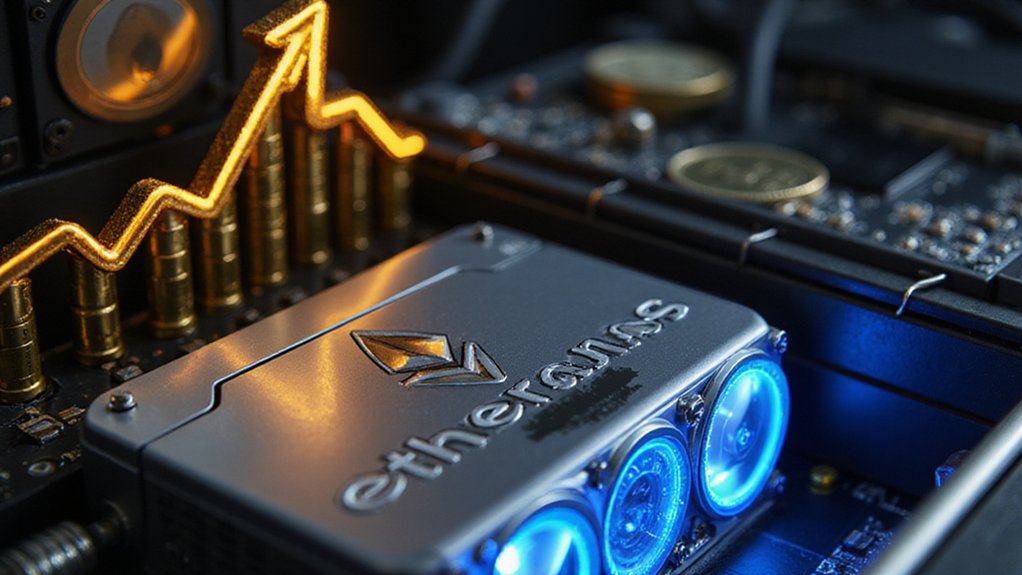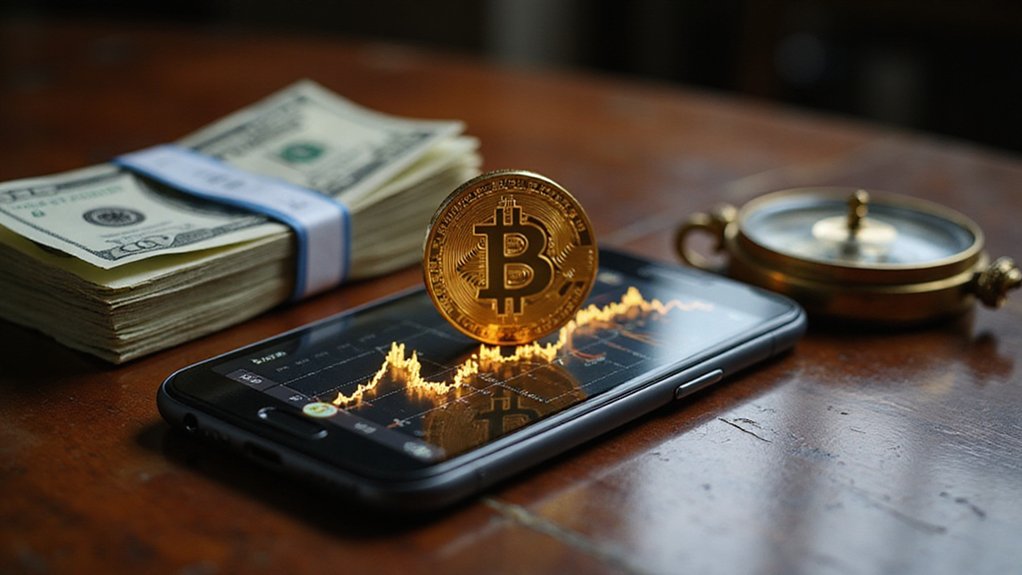Innovation, that elusive catalyst of financial evolution, has found its latest expression in Dubai’s regulatory corridors where the Dubai Financial Services Authority approved the QCD Money Market Fund (QCDT) in July 2025—a development that transforms the rather pedestrian world of money market investments into something resembling the digital asset revolution’s more sophisticated offspring.
The fund emerges from an unlikely marriage between Qatar National Bank‘s traditional banking acumen and DMZ Finance‘s blockchain infrastructure, creating what regulators have sanctioned as the first tokenized money market fund within the Dubai International Financial Centre. This collaboration assigns Qatar National Bank the responsibility for investment strategy and asset origination while DMZ Finance handles the technological architecture that enables digital share ownership—a division of labor that suggests even revolutionary financial products require conventional expertise.
Tokenization, that buzzword du jour among financial technologists, here serves practical purposes beyond mere innovation theater. The blockchain-based structure enables fractional ownership, lowering capital thresholds for smaller investors while promising instant settlement and enhanced transparency.
Despite the technological rhetoric, tokenization delivers tangible benefits: fractional ownership democratizes access while blockchain architecture promises enhanced transparency and settlement efficiency.
Whether these benefits justify the technological complexity remains to be seen, though the architecture theoretically offers security improvements and reduced operational costs compared to traditional fund structures. The smart contracts governing the tokenized structure also automate ownership transfers and dividend distributions, eliminating traditional intermediaries that typically add layers of fees and processing delays.
Dubai’s embrace of this financial experiment aligns with its broader ambitions to establish itself as a leading hub for digital asset adoption—a goal that requires more than regulatory approval announcements. The QCDT represents the emirate’s first officially sanctioned venture into tokenized money markets, positioning Dubai International Financial Centre as a progressive financial center willing to navigate uncharted regulatory waters. This initiative reflects Dubai’s commitment to its Real Estate Sector Strategy 2033, which aims to double the sector’s GDP contribution through innovative financial mechanisms.
The timing proves fortuitous given broader tokenization trends. Real-world asset tokenization has experienced explosive growth, with projects expanding 800% from 2023 to 2025, reaching $65 billion in total value locked. Dubai’s real estate tokenization market alone projects $16.3 billion by 2033, suggesting institutional appetite for blockchain-based ownership structures extends beyond experimental phases.
Yet challenges persist. Regulatory fragmentation and smart contract risks continue plaguing the tokenization space, though DFSA’s approval provides significant regulatory clarity.
Whether QCDT becomes a transformative financial product or merely an expensive proof-of-concept depends largely on market adoption and operational execution—variables that remain frustratingly unpredictable despite technological sophistication.









